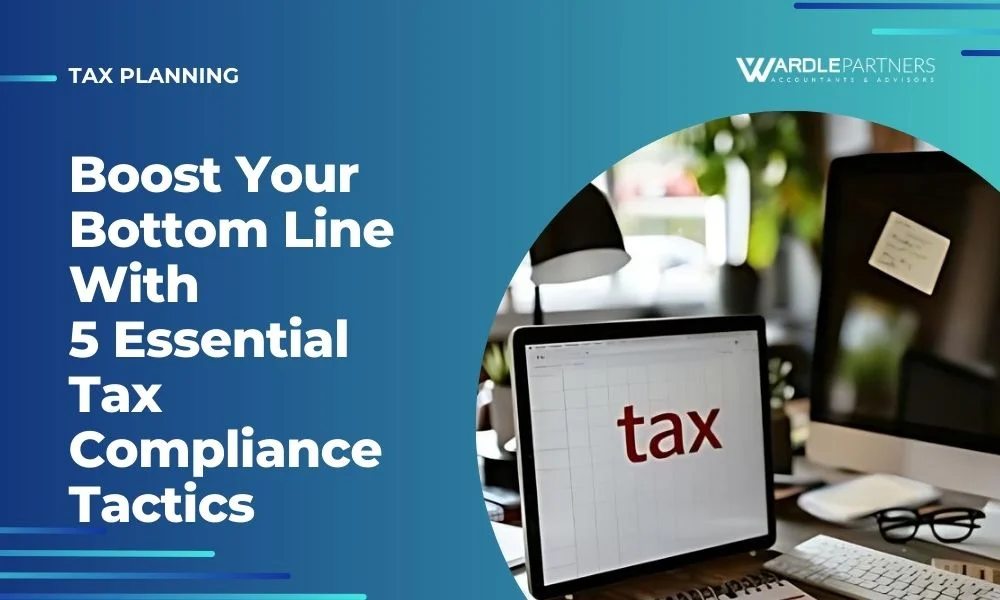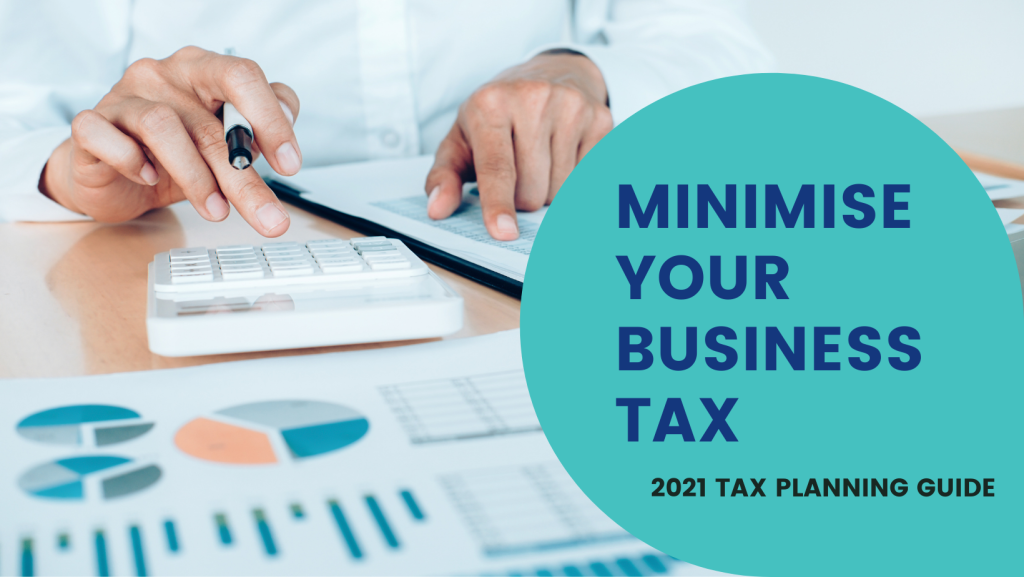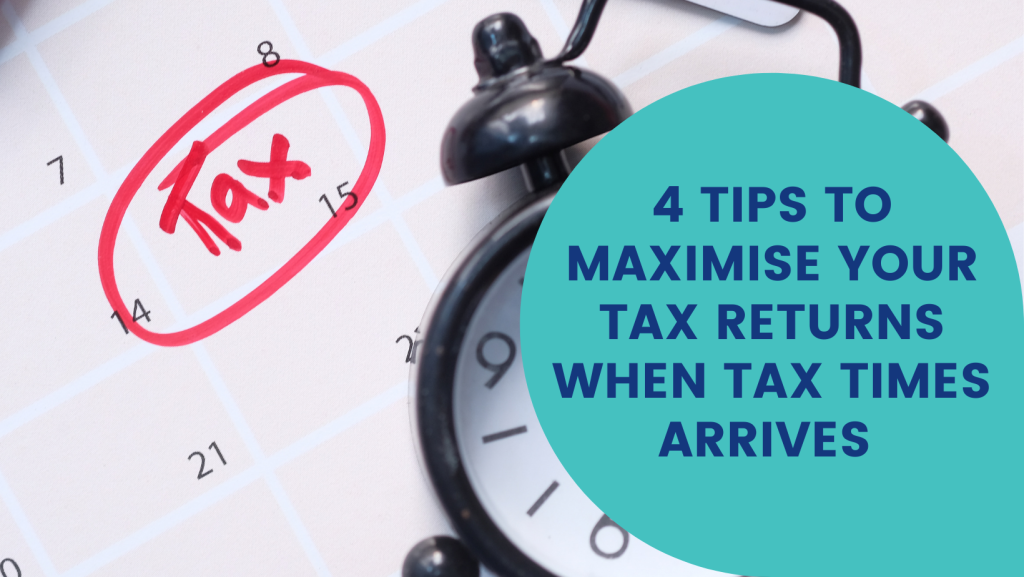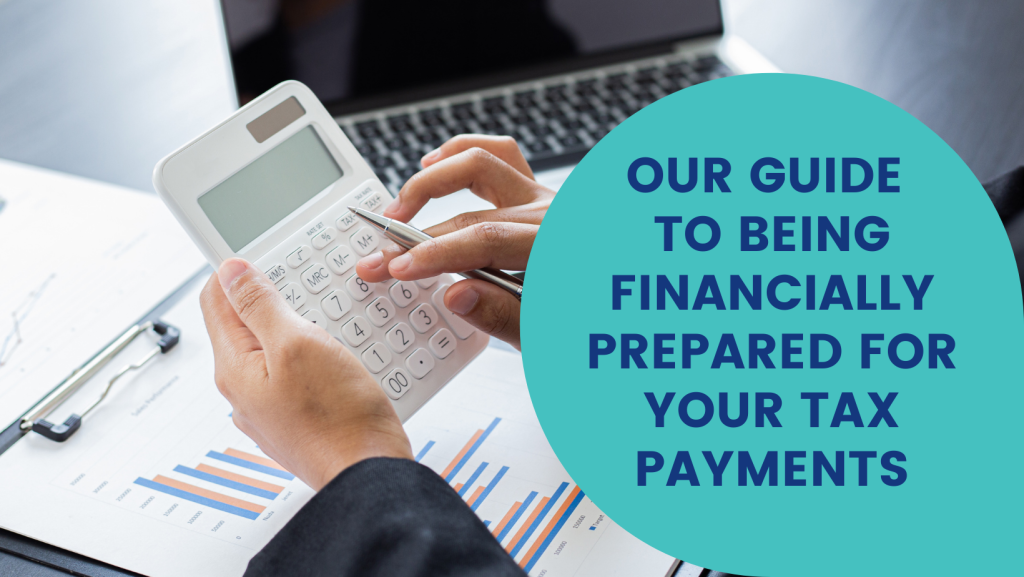Boost Your Bottom Line With 5 Essential Tax Compliance Tactics

Tax compliance is an important factor business owners need to consider for maintaining financial health and ensuring long-term success. Let’s face it, we all hustle hard to turn a profit, right? But here’s a zinger – are you giving the same hustle to managing your tax liabilities? Every dollar paid in tax is a dollar that could’ve been in your pocket.
At Wardle Partners Accountants & Advisors, we understand that every dollar saved on taxes is a dollar that can be reinvested into your business. Our expert tax planning strategies go beyond mere compliance, offering you tailored strategies that can significantly reduce your tax liability and enhance your cash flow.
In the next section, we’ll explore how staying on top of tax legislation and obligations can make a world of difference for your business and find out how tax planning is more than a tax compliance.
Tax Planning is an Ongoing Process
Effective tax planning should be an ongoing process, not a mad rush every June. It’s about continuously reviewing and adjusting your strategies in light of any legislative changes, your business’s evolving financial position, and your future goals.
1. Keeping Up with Tax Legislation for Effective Tax Compliance
Tax laws are like the tides—they’re always changing. Keeping up with these changes can feel like trying to hit a moving target. But staying informed is crucial. A tweak in legislation could open up new opportunities or, conversely, create new pitfalls. This is where having a proactive tax advisor comes in handy. We can help you navigate these changes, ensuring you stay compliant while capitalising on any new benefits.
2. Understanding Your Current Position
Before you can chart a course to minimise your tax liability, you need a clear picture of where you currently stand. This involves a thorough review of your business’s financial health, including budgets, forecasts, current debts, and your business structure. It’s also essential to consider any upcoming changes—whether in your business or your family.
3. Minimising Tax Liability Through Smart Tax Compliance
Once you have a clear picture of your current situation, it’s time to identify a tax strategy to minimise your tax liability. Here are a few key areas to consider:
- Superannuation Contributions: Making the most of super contributions can offer significant tax advantages. This includes meeting compulsory superannuation guarantee obligations and leveraging super concession eligibility.
- Expense Timing: Appropriately accruing costs related to the current income year can maximise your deductions. It’s about timing your expenses just right.
- Asset Review: Regularly reviewing your assets for recoverability and obsolescence can also yield tax benefits. Think of it as a spring clean for your balance sheet.
- Trust Distributions: Trustees must make resolutions to distribute all trust income by 30 June each year. Failure to do so means the trustee is taxed on any undistributed income at the highest marginal tax rate. No one wants that!
- CGT Concessions: For small businesses, the capital gains tax (CGT) concessions can be a game-changer. These concessions allow you to disregard or defer some or all the capital gain on an asset used in your business.
4. Optimising Your Business Structure
Your business structure significantly impacts your tax liabilities. Sometimes, a review might reveal that your current structure isn’t the most tax-effective option. If so, it might be worth considering a restructure to maximise your tax benefits.
Business Asset Protection: Protecting valuable business assets is crucial. Segregating assets into separate entities can safeguard them if something goes awry. It’s like having a safety net for your valuables.
Future Plans: When structuring your business, it’s essential to plan for the future. This includes considering potential future transactions that could impact your structure. For example, using a unit trust might not be the best option if you plan to retain profits within the business to fund future growth.
Exit Strategy: Planning your exit strategy is just as important as planning for growth. Whether you plan to hand the business down to the next generation or set it up for sale, your exit strategy will influence the best structure for your business.
Unrelated Parties: If unrelated parties are involved in your business, certain entities may not be tax-effective. For instance, using a discretionary trust for a business owned by two unrelated families might not be the best approach.
5. Considering Business Size
The size of your business also plays a critical role in determining the best tax planning strategies. Start-ups often operate at a loss initially, making tax a lower priority. However, as your business grows and becomes more profitable, managing cash flow and tax obligations becomes paramount.
For smaller businesses, working closely with your tax advisor is crucial. They can help you identify and implement tax-saving strategies you might otherwise overlook. Treat your external tax accountant like a business partner. Whenever you make significant decisions, consult with them to ensure you’re taking the most tax-effective approach.
For larger businesses, the Australian Taxation Office (ATO) expects a tax governance structure. While this might not be practical for SMEs, laying the foundation for sound tax governance early on can be beneficial as your business grows.
When to Seek External Help
Tax planning is a continuous process that requires regular touchpoints throughout your business’s lifecycle. Starting early is key. Most businesses undertake formal tax planning between April and June each year. This process involves estimating your tax liabilities, optimising trust income distributions, and implementing an effective tax strategy before the end of the financial year.
But don’t wait until the last minute. Engaging with your tax accountant early and often can make a significant difference. Wardle Partners Accountants & Advisors can help you structure your business, plan for future growth, and minimise your tax obligations effectively.

Conclusion
Tax planning might seem daunting, but with the right approach and expert advice, it can become a powerful tool for your business. By staying informed, understanding your current position, and implementing effective strategies, you can minimise your tax liability and maximise your business’s potential.
Remember, this isn’t just about tax compliance. It’s about unlocking opportunities for growth and sustainability. So, don’t wait until the end of the financial year. Start your tax planning journey with Wardle Partners Accountants & Advisors today and see how it can transform your business.



